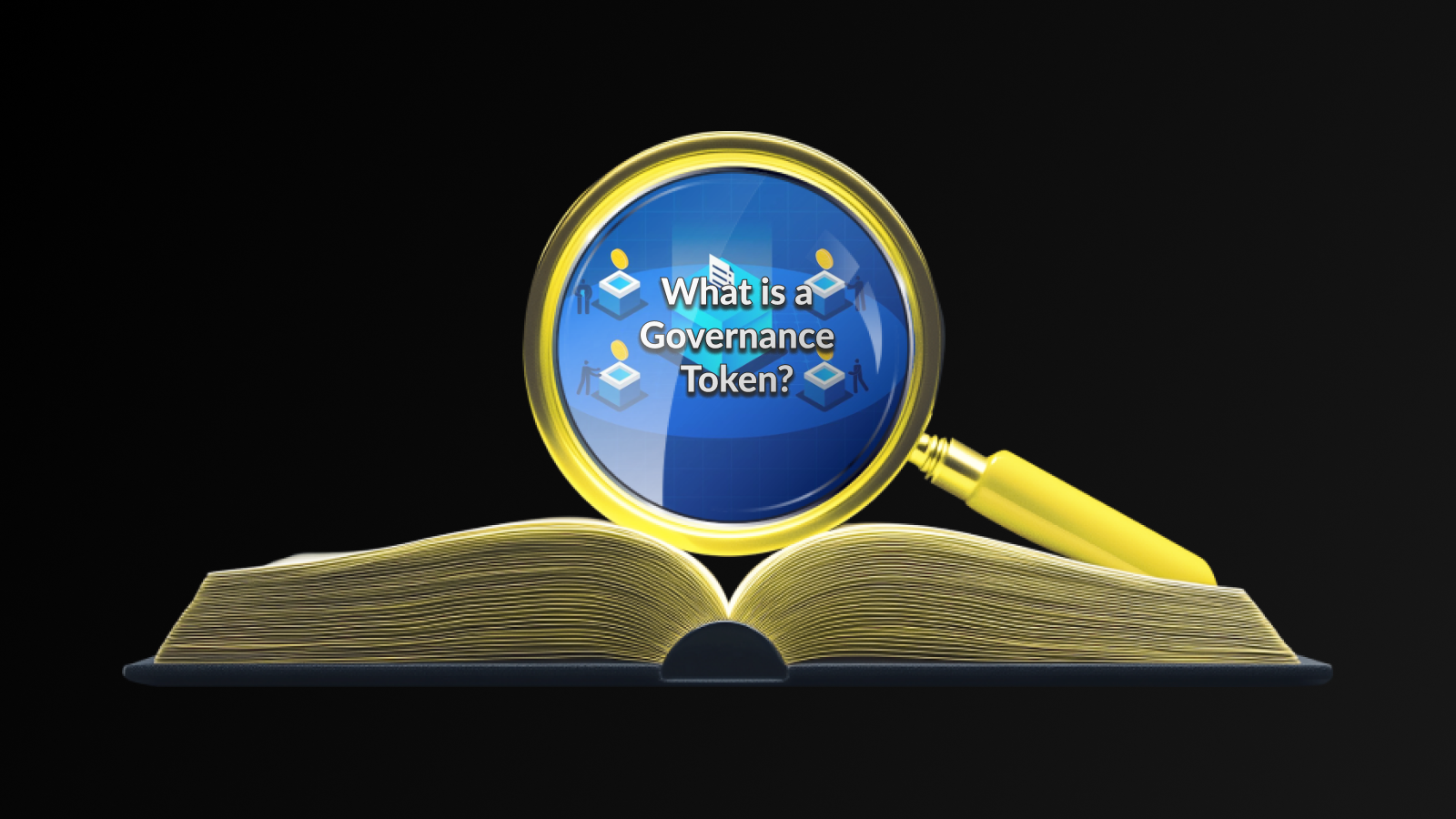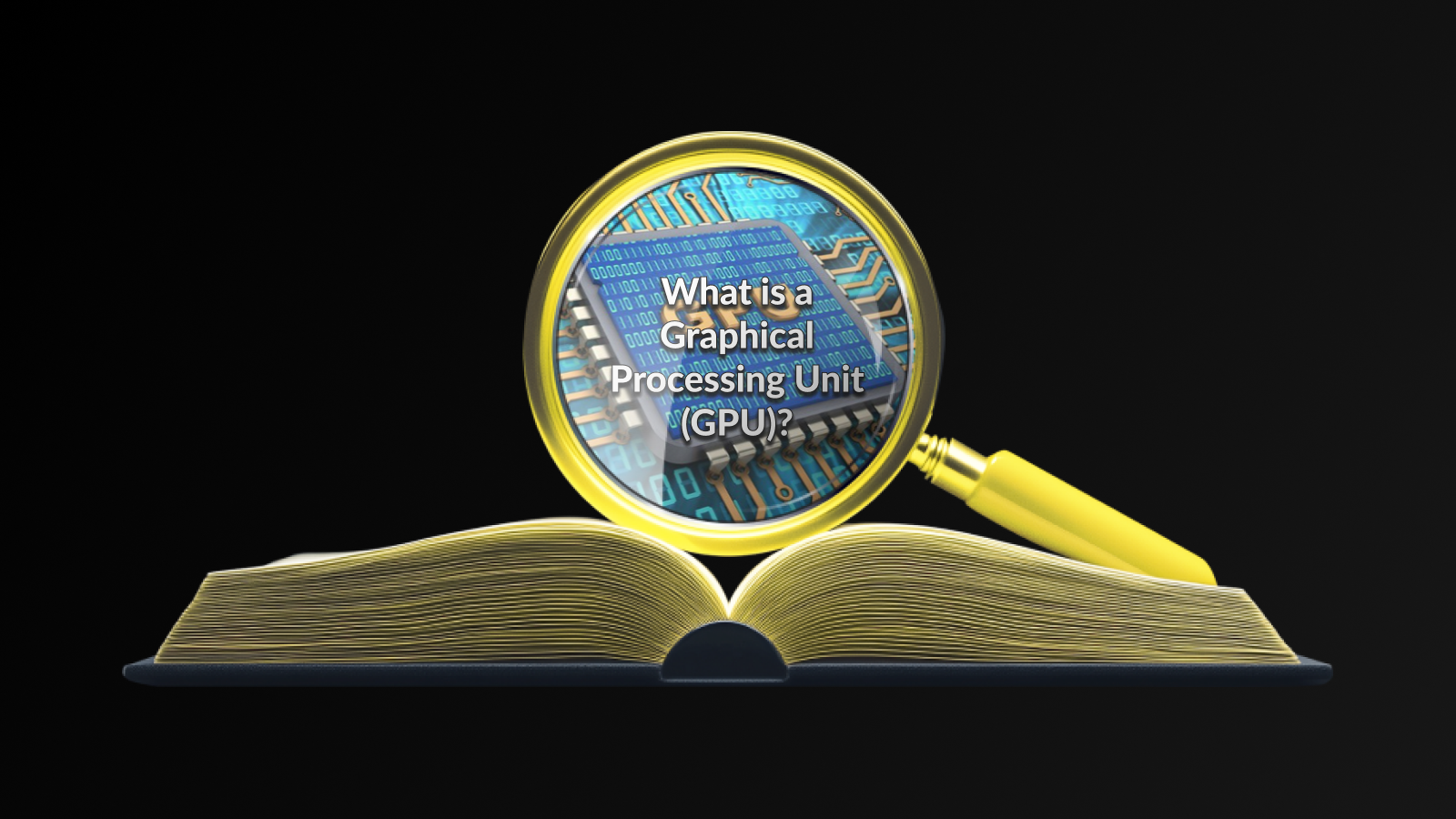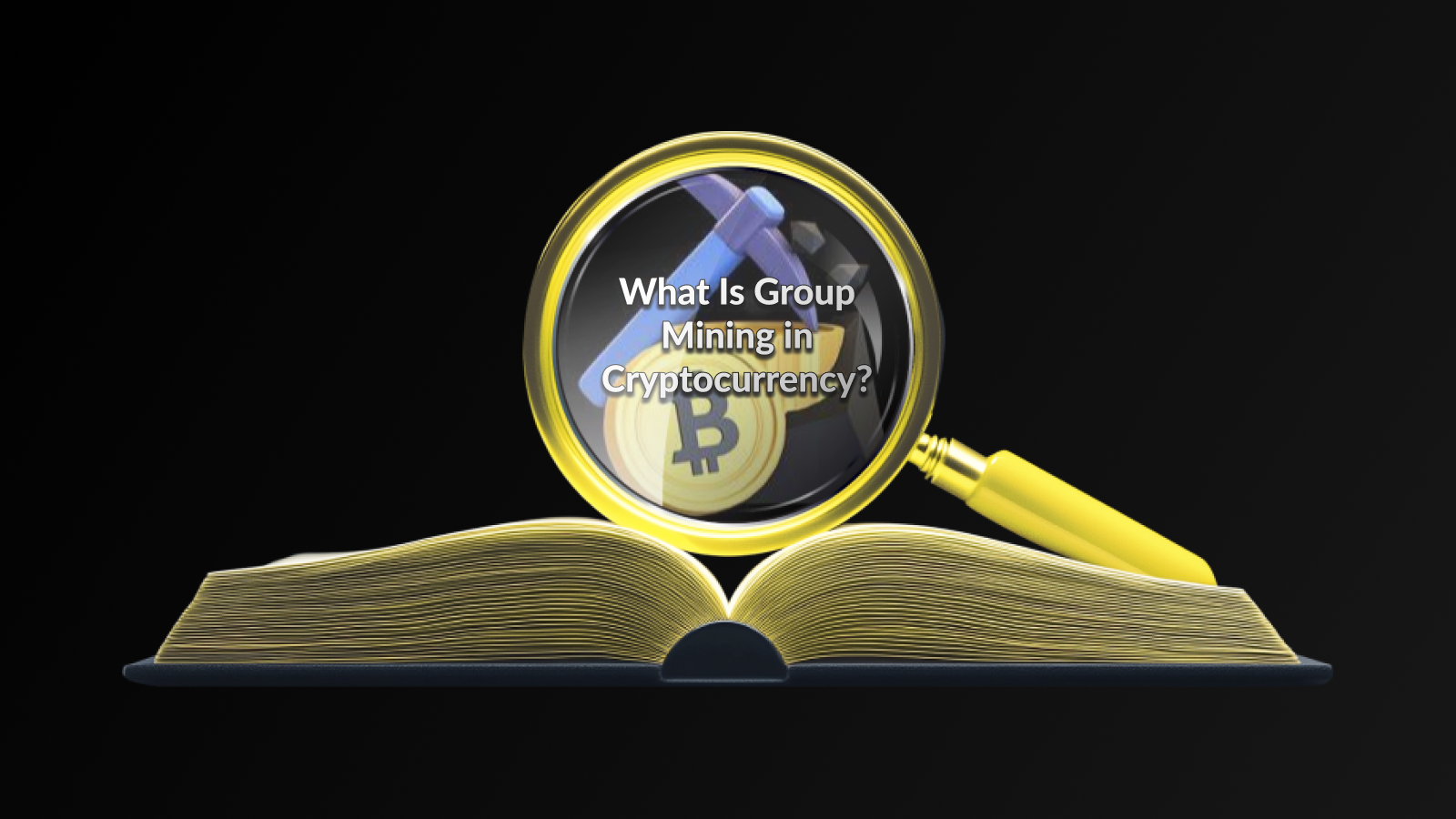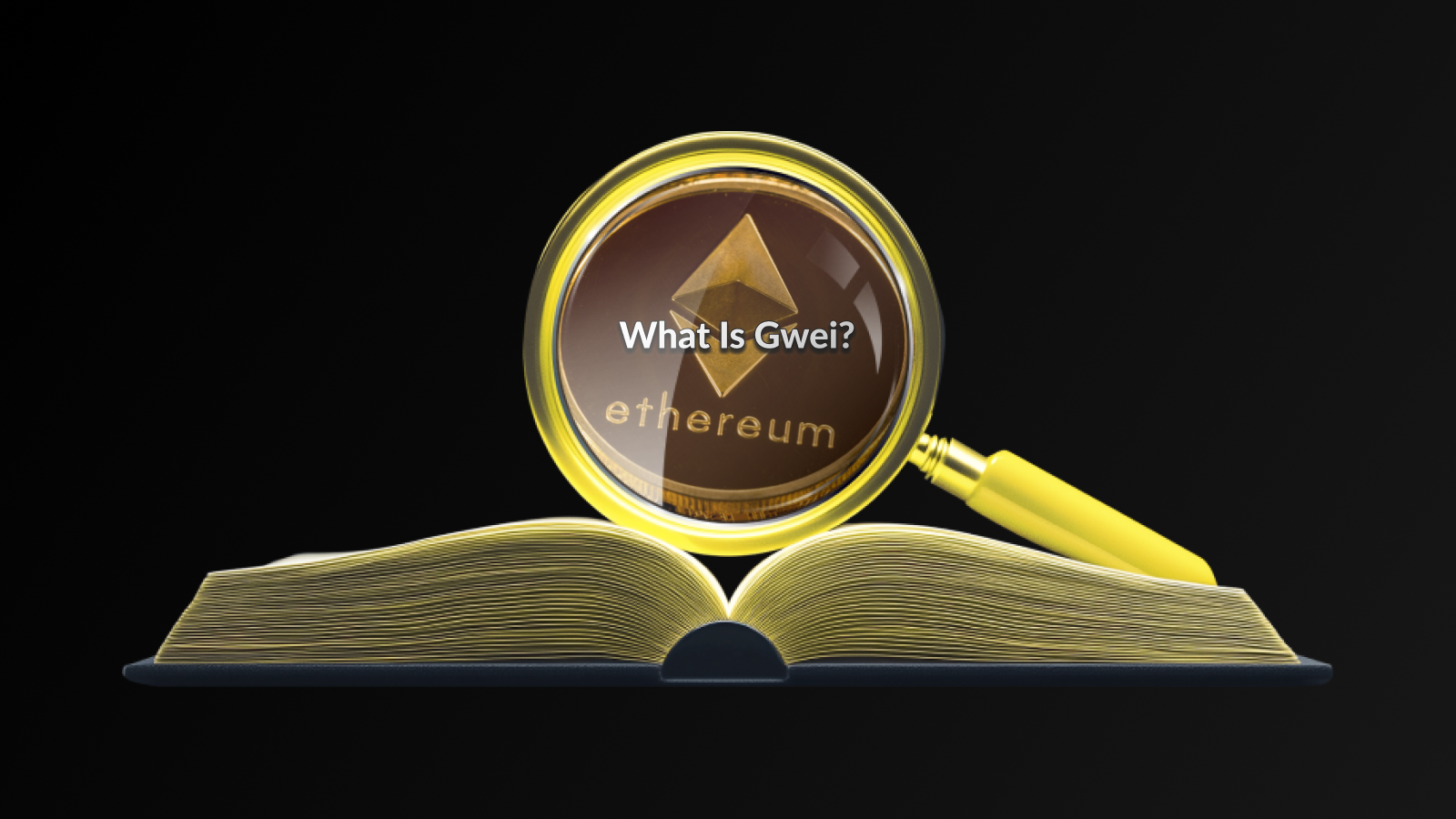Introduction
Governance tokens in DeFi serve as a pivotal element in the realm of decentralized finance, enabling a platform for community engagement and participatory decision-making. Through these tokens, holders can influence the direction of protocols by voting on key proposals and changes within the network. This innovative approach promotes decentralized decision-making, wherein the power is distributed among token holders rather than being concentrated in the hands of a few central authorities.
Key Aspects of Governance Tokens
- Voting Power: Token holders can cast votes on proposals affecting the protocol.
- Economic Incentives: Governance tokens often come with financial benefits, rewarding active participants.
- Community Engagement: Encourages active involvement from users, enhancing the sense of ownership.
- Protocol Upgrades: Holders have the ability to influence modifications and improvements to the protocol.
- Impact on Ecosystem: Decisions made through governance tokens can significantly shape the future of the ecosystem.
- Transparency: All governance actions typically occur on-chain, ensuring verifiability.
As decentralized finance continues to evolve, governance tokens play a crucial role in ensuring that users retain a voice in the operation of the networks they support. The concept of governance tokens in DeFi not only fosters decentralized decision-making but also aligns the interests of stakeholders, providing a more equitable framework for financial services. The importance of these tokens cannot be overstated, as they represent the bridge between a user-centric approach and effective protocol management.
How Do Governance Tokens Work?
Governance tokens in DeFi serve as essential tools for decentralized decision-making within blockchain ecosystems. These tokens empower holders with voting rights, enabling them to influence protocols, feature upgrades, and the allocation of funds. By distributing governance tokens, decentralized finance projects ensure that participants have a say in their operations, creating a democratic environment that contrasts sharply with traditional financial mechanisms. As these tokens are often earned or purchased, they align the interests of stakeholders, fostering engagement and community ownership.
The mechanism of token voting is foundational to how governance tokens function. Token holders propose changes or improvements and cast votes to support or oppose these suggestions. This voting mechanism often relies on a weighted system, where holders with more tokens possess greater influence over outcomes. By implementing this structure, projects facilitate a community-driven approach rather than top-down decision-making, paving the way for more robust and diverse input from diverse stakeholders.
Mechanism of Token Voting
In essence, the token voting mechanism creates a virtual assembly in which each participant’s voice can be heard through their holdings. This structure not only enhances transparency but also encourages a sense of accountability among participants. Offering the option to delegate votes enables those who may lack the time or expertise to participate in complex decisions, further democratizing the process.
Role of Smart Contracts
Smart contracts play a crucial role in the governance of tokens in DeFi, ensuring that the voting process is secure, automated, and tamper-proof. They facilitate the execution of votes without the need for intermediaries, enhancing efficiency in decision-making. This self-executing code eliminates the possibility of manipulation, safeguarding the integrity of the protocol. By providing a trustless environment, smart contracts solidify the foundation upon which decentralized decision-making operates.
Steps in Governance Token Voting Process
- Proposal Submission: Users submit proposals for changes or features.
- Review Period: Proposals are reviewed by the community for consideration.
- Voting Activation: A voting period is established after review.
- Vote Casting: Token holders cast their votes according to their holdings.
- Delegation: Participants can delegate their voting rights if desired.
- Results Announcement: After voting concludes, results are tallied and announced.
- Implementation: Approved proposals are implemented through smart contracts.
Benefits and Use Cases of Governance Tokens
Governance tokens in DeFi serve as vital instruments for fostering decentralized decision-making within blockchain ecosystems. By empowering token holders with rights to vote on protocol features and updates, these tokens facilitate democratic participation among users and stakeholders. This participatory approach ensures that the development trajectory of the decentralized platforms aligns closely with user interests and community needs.
One prominent benefit of governance tokens is their potential to enhance transparency in decision-making processes. Community members can directly influence protocols by voting on a variety of issues, including upgrades, fund allocations, and new projects. This engagement leads to a more equitable system where users feel a sense of ownership and accountability, significantly contributing to the growth and sustainability of decentralized platforms.
Moreover, governance tokens in DeFi can address some of the traditional challenges associated with centralized finance. By adopting a decentralized model, these tokens mitigate risks such as corruption, fraud, and lack of accessibility. In a decentralized climate, decision-making is in the hands of the community, ensuring a fairer platform for everyone involved. The inclusivity of governance tokens makes them particularly attractive to diverse user groups, allowing them to partake meaningfully in the evolution of DeFi ecosystems.
Advantages of Governance Tokens
- Increased transparency: Community decisions are made visible to all, boosting trust.
- Enhanced democratization: Stakeholders have a say in influential decisions.
- Incentives for participation: Users are rewarded for engaging in governance processes.
- Long-term commitment: Staking encourages token holders to remain invested.
- Mitigation of centralization risks: Disperses decision-making power across a broader base.
- Flexible governance structures: Allows communities to evolve with that user’s needs.
In conclusion, the use cases of governance tokens range from protocol upgrades to new feature implementations, showcasing their critical role in the DeFi landscape. As these ecosystems mature, governance tokens will continue to evolve, enabling effective governance models that prioritize community interests and decentralized decision-making.
Challenges and Considerations for Governance Tokens
Governance tokens in DeFi have emerged as a powerful mechanism for promoting decentralized decision-making within blockchain ecosystems. However, while they empower token holders to influence protocol changes, several challenges must be carefully considered. These issues can impact not only the governance framework but also the sustainability and security of the DeFi project as a whole. Understanding these challenges can help investors and developers navigate the complexities of governance tokens more effectively.
One major challenge faced by governance tokens is the risk of centralization. In many cases, a small group of participants may hold a disproportionately high number of tokens, leading to a concentration of power and decision-making capabilities. This can undermine the essence of decentralized decision-making, creating power dynamics similar to traditional governance structures. Token holders need to be aware of the potential for such centralization to skew the governance process.
Another consideration is the potential for governance token holders to prioritize short-term gains over long-term sustainability. This tendency could lead to decisions that benefit token holders in the immediate term but jeopardize the protocol’s future viability. It is crucial for governance models to incorporate mechanisms that align the interests of token holders with the long-term goals of the project.
Key Challenges Faced by Governance Tokens
- Centralization of power among a few tokens holders
- Short-term focus of decision-making
- Vulnerability to governance attacks
- Complexity in consensus-building
- Regulatory uncertainties
- Low voter turnout impacting decisions
Potential Risks and Concerns
The risks associated with governance tokens in DeFi are not limited to centralization and short-term decision-making. Governance attacks, where malicious actors acquire enough tokens to manipulate decisions, pose significant threats to the integrity of protocols. Additionally, regulatory uncertainties concerning the legality and classification of governance tokens can deter potential investors and participants, complicating the adoption of decentralized decision-making practices. As the landscape of governance tokens continues to evolve, addressing these risks will be essential for fostering a trustworthy and robust governance model.
Conclusion
In conclusion, governance tokens in DeFi represent a revolutionary shift in how decisions are made within decentralized networks. These tokens empower holders to actively participate in shaping the future of the projects they invest in, fostering a more democratic and transparent environment. The rise of governance tokens has not only elevated user engagement but has also established a new paradigm for accountability in financial ecosystems.
Actionable Steps for Engaging with Governance Tokens
- Research Your Options: Identify the governance tokens relevant to projects you are interested in.
- Understand the Voting Mechanism: Familiarize yourself with how voting works within your chosen platform.
- Assess Token Utility: Evaluate how the governance token is utilized within the ecosystem.
- Participate Actively: Engage in voting and discussions to influence decisions.
- Stay Informed: Follow project updates to remain aware of governance changes.
- Connect with the Community: Join forums and groups related to governance tokens for support and insights.
- Monitor Your Holdings: Keep track of your token holdings to ensure you’re maximizing your voting power.
With these steps, individuals can harness the full potential of governance tokens in DeFi. As the landscape continues to evolve, staying informed and engaged will not only enhance your investment experience but will also contribute to the overall health of the decentralized financial ecosystem. The future of governance tokens holds immense promise, and actively participating in this space can lead to rewarding opportunities.
Disclaimer
This article is for informational purposes only and does not constitute financial or investment advice. Cryptocurrency investments are volatile and involve significant risk. Always conduct your own research or consult a professional before making investment decisions.
Click for more Darkex education articles.





